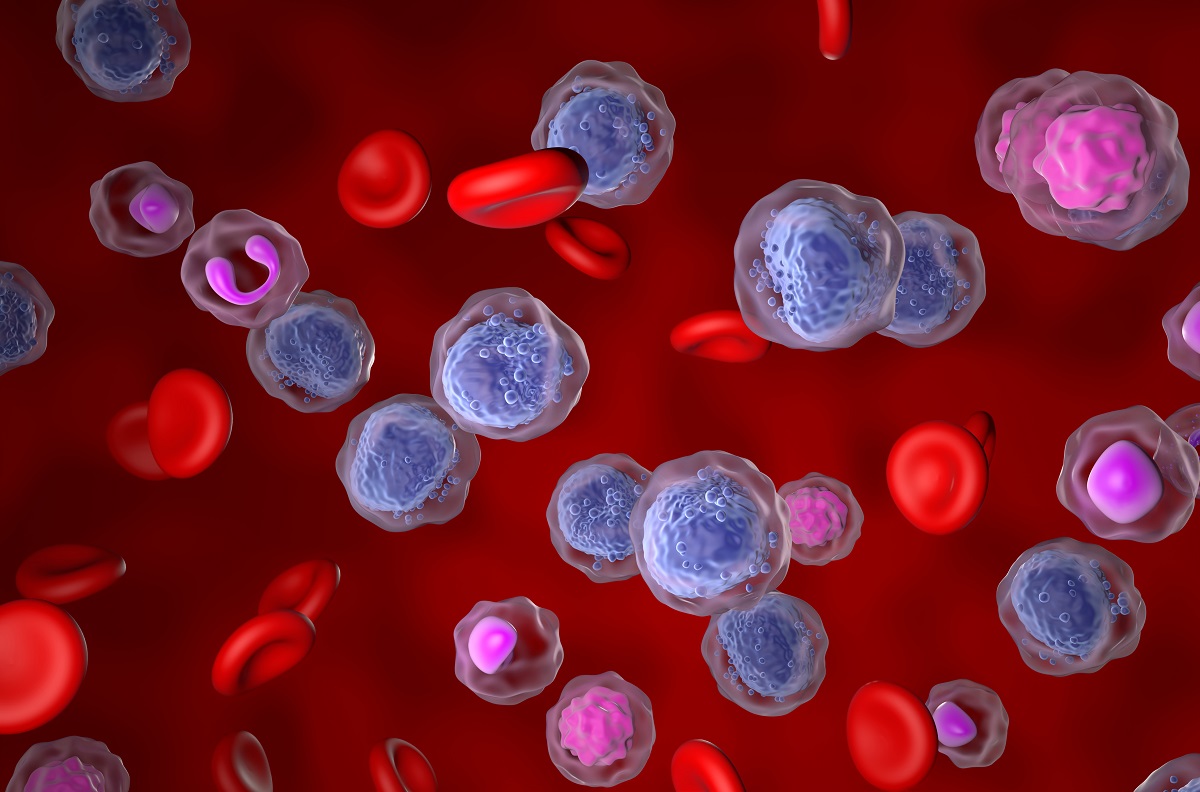KEY TAKEAWAYS
- The study aimed toidentify genetic lesions and their prognostic impact in patients with AML having abn(7).
- Researchers identified key genetic lesions and mutations in AML with abn(7), highlighting KMT2C’s importance.
Deletions and partial losses of chromosome 7 are common in acute myeloid leukemia (AML) and are associated with poor outcomes. However, the overall genomic landscape and prognostic impact of accompanying genetic abnormalities are not fully understood.
Adriane Halik and the team aimed to identify genetic lesions and their prognostic impact in patients with AML and chromosome 7 aberrations [abn(7)] using whole-exome sequencing and a gene panel analysis.
To identify genetic lesions in adults with AML and abn(7), researchers analyzed 60 paired diagnostic and remission samples using whole-exome sequencing. They applied a gene panel with 66 genes and a SNP backbone for detecting copy-number variations to additional samples. In total, 519 patients were studied, with 415 receiving intensive induction treatment, typically including cytarabine and anthracyclines.
In the exploration cohort, TP53 was the most frequently mutated gene (33%), followed by epigenetic regulators (DNMT3A, KMT2C, IDH2) and signaling genes (NRAS, PTPN11). Among 519 patients, 30% had at least one mutation in genes located in commonly deleted regions of chromosome 7, with KMT2C (16%) and EZH2 (10%) being the most affected. KMT2C mutations were often subclonal and more common in patients with del(7q), de novo, or core-binding factor AML (45%).
Cancer cell fraction analysis and mutation acquisition reconstruction identified TP53 mutations as primarily disease-initiating events, while del(7q) or -7 appeared as subclonal events in one-third of cases. Multivariable analysis found five genetic lesions with significant prognostic impact in intensively treated patients with AML having chromosome 7 aberrations. TP53 and PTPN11 mutations (11%) were strongly associated with worse overall survival (OS, TP53:HR, 2.53 [95% CI 1.66-3.86]; P< 0.001; PTPN11: HR, 2.24 [95% CI 1.56-3.22]; P< 0.001) and relapse-free survival (RFS, TP53: HR, 2.3 [95% CI 1.25-4.26]; P= 0.008; PTPN11: HR, 2.32 [95% CI 1.33-4.04]; P= 0.003).
In contrast, patients with IDH2 mutations (9%) had prolonged OS (HR, 0.51 [95% CI 0.30-0.88]; P= 0.0015) and durable responses (RFS: HR, 0.5 [95% CI 0.26-0.96]; P= 0.036).
The study revealed previously underestimated genetic lesions and offered a detailed overview of recurrent gene mutations and their clinical significance in AML with abn (7). KMT2C mutations were among the most common in this diverse AML subgroup and require further functional investigation.
Funding was provided by MEET-AML 01KU2014/Bundesministerium für Bildung und Forschung, FOR 2674/Deutsche Forschungsgemeinschaft, 2022-A-1/National Cancer Center Research and Development Funds, 70113643/Deutsche Krebshilfe and 03 R/2020/José Carreras Leukämie-Stiftung.
Source: https://pubmed.ncbi.nlm.nih.gov/39160538/
Halik A, Tilgner M, Silva P, et al. (2024). “Genomic characterization of AML with aberrations of chromosome 7: a multinational cohort of 519 patients.” J Hematol Oncol. 2024;17(1):70. Published 2024 Aug 19. doi:10.1186/s13045-024-01590-1



